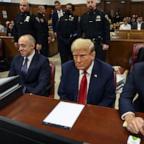What's Next for the UK After Brexit Vote
Dealing with the aftermath of the vote to leave and the unanswered questions.
— -- So much for Britain’s "Keep Calm and Carry On" maxim.
The U.K. is in chaos after voting to leave the European Union last week in a national referendum.
On top of market uncertainty, a falling currency and the foreign investors who’re poised to pull out, there has been a leadership vacuum since Prime Minister Cameron Friday announced his intention to resign in the wake of the vote.
Many who voted to leave are coming to terms with what that now means as those who promoted Britain’s departure from the E.U. struggle to explain the fallout amid unanswered questions swirl around them.
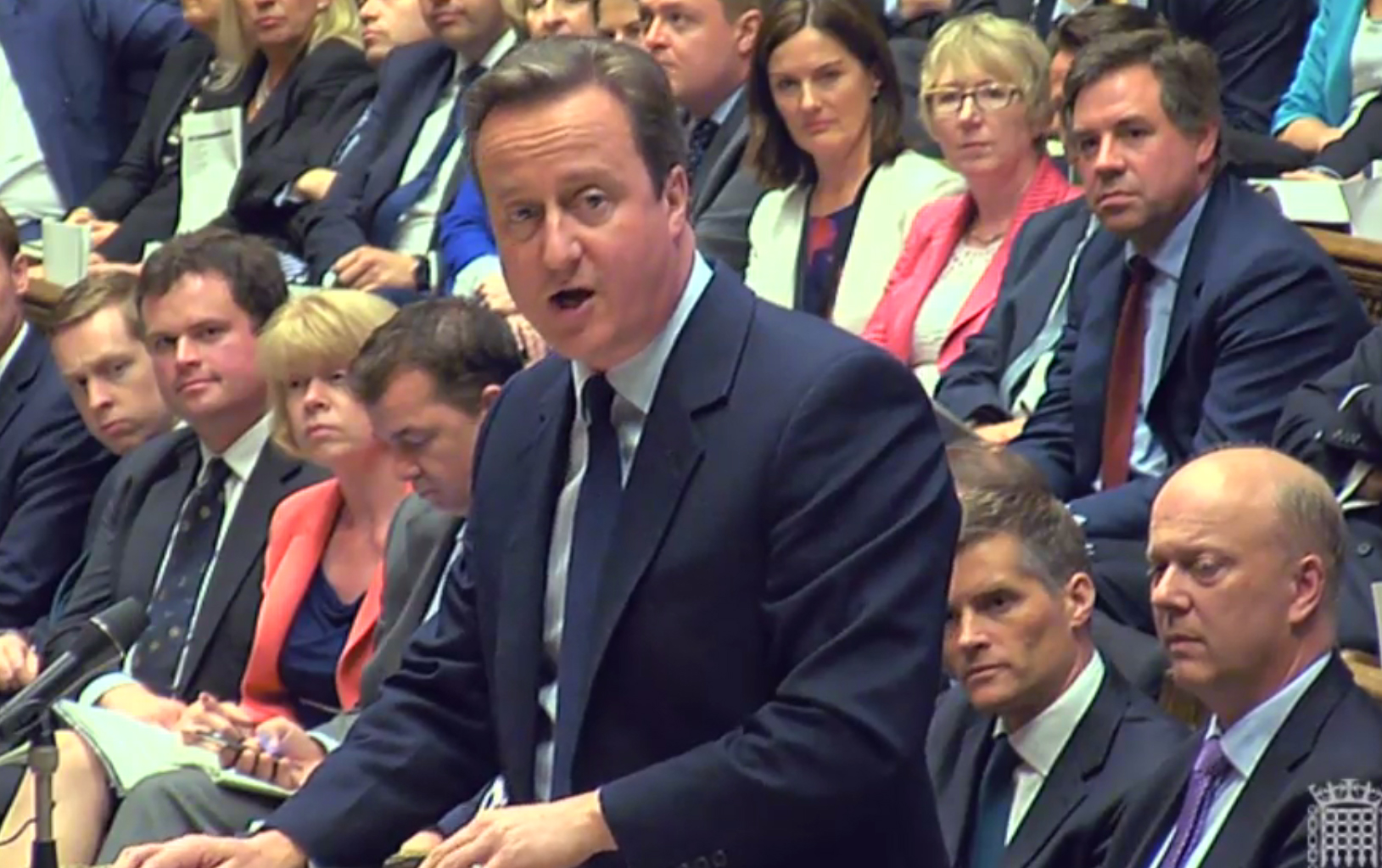
Calming Concerns at Home
Cameron, who announced that he'll leave office this fall, addressed Parliament today and tried to strike what appears to be a realistic yet optimistic tone.
"It is clear that markets are volatile, there are some companies considering their investments and we know this is going to be far from plain sailing," Cameron said in the House of Commons.
"However, we should take confidence from the fact that Britain is ready to confront what the future holds for us from a position of strength."
George Osborne, the head of the U.K. Treasury, also did his part to try and stave off concerns about plunging markets.
"We are prepared for whatever happens," he said, noting that he has been working with leaders from international finance groups and the Bank of England.
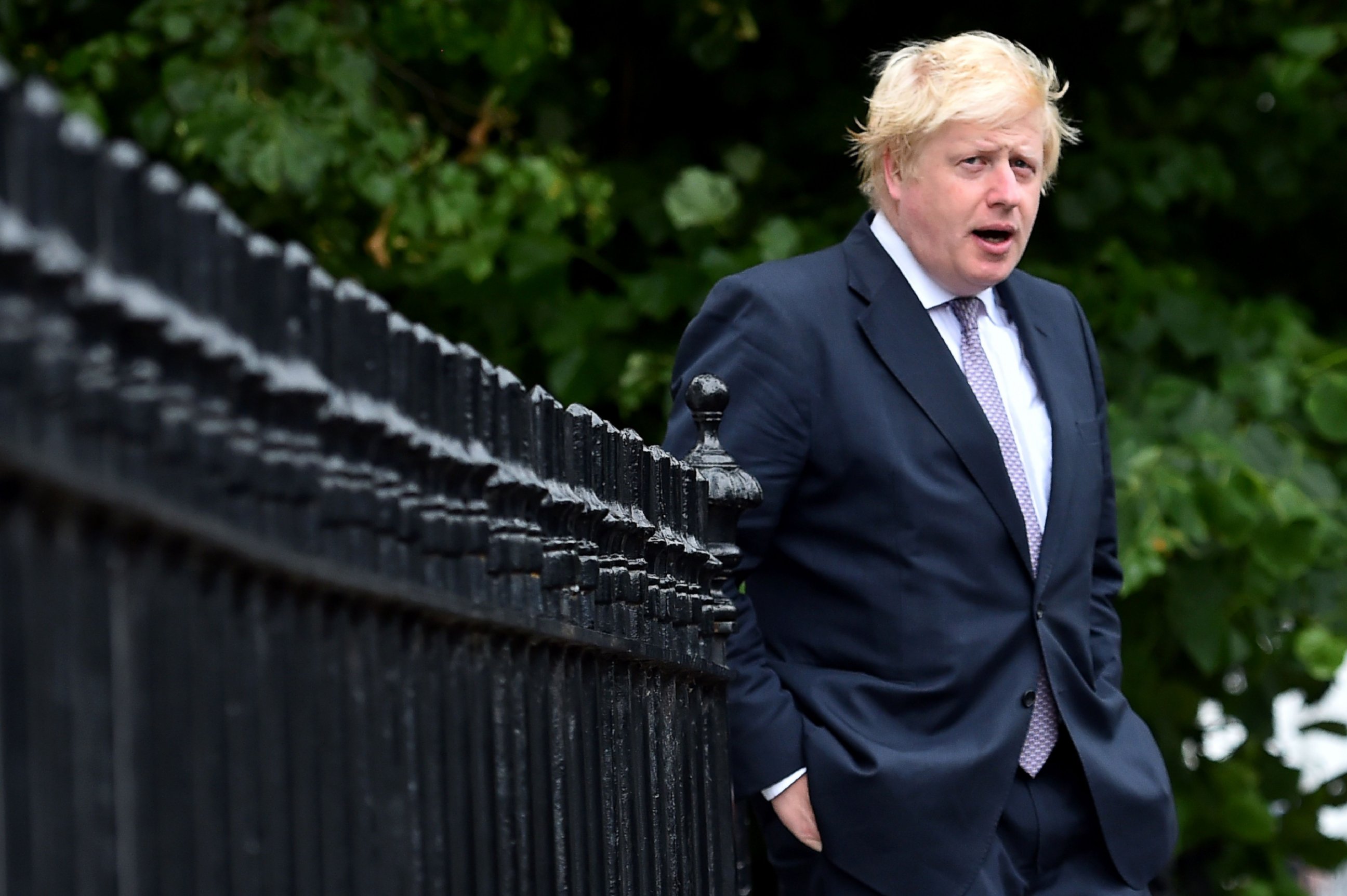
Explaining the Possible Exit
Boris Johnson, the former London mayor and active supporter of the so-called Brexit campaign, or “British exit,” wrote an op-ed for British newspaper The Daily Telegraph in an effort to clarify what will happen now. Johnson is seen as one of the possible candidates to run for prime minister to replace Cameron.
He addressed some of the logistical concerns that have been raised about a break with the E.U., specifically as it relates to the bloc's open borders policy that allows citizens of member nations to travel and work freely within the larger confines.
The long road to Brexit
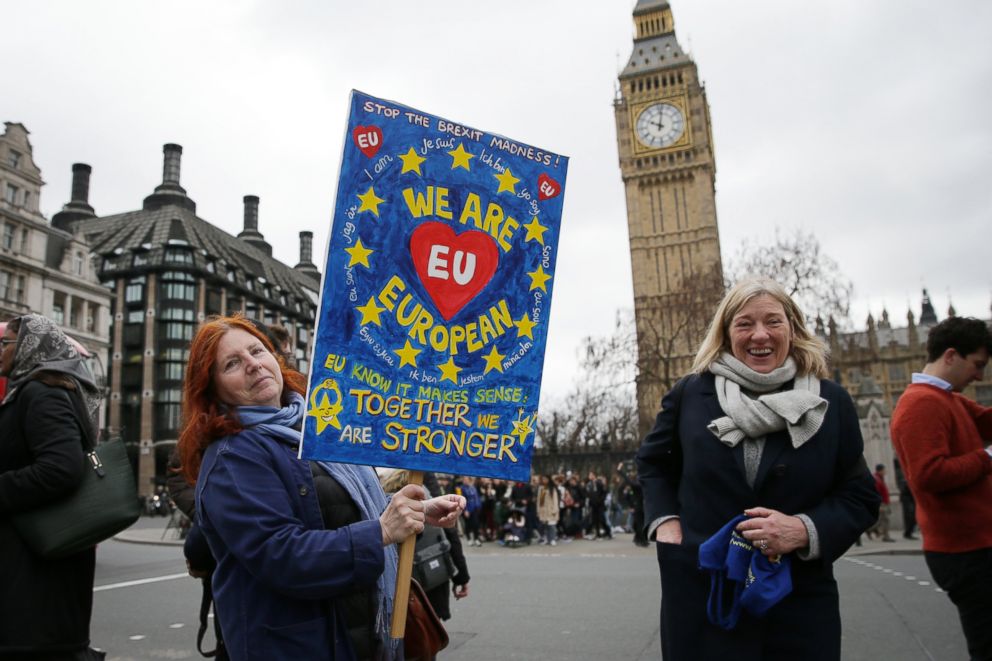
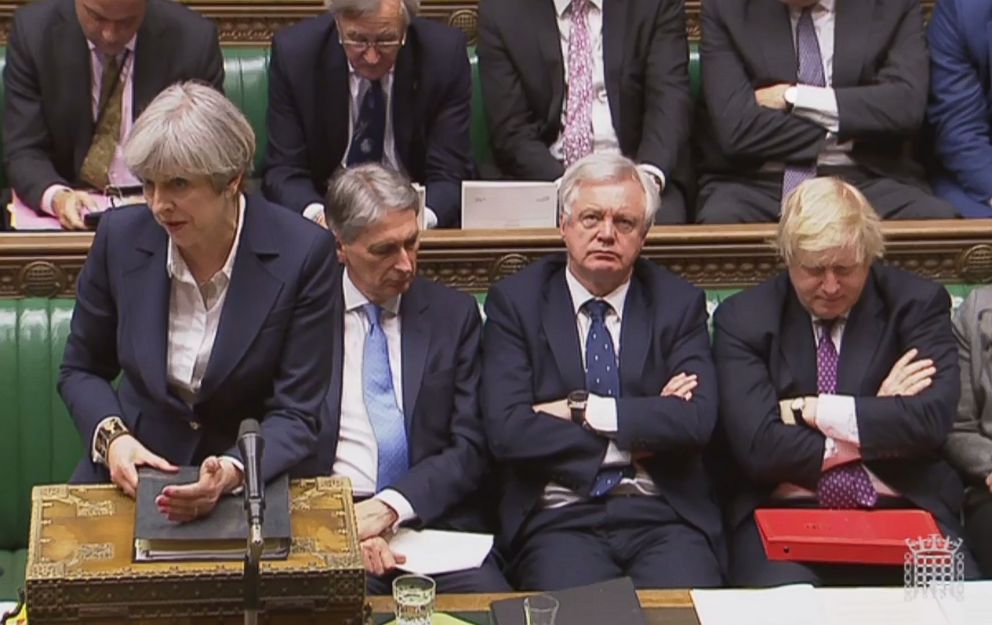
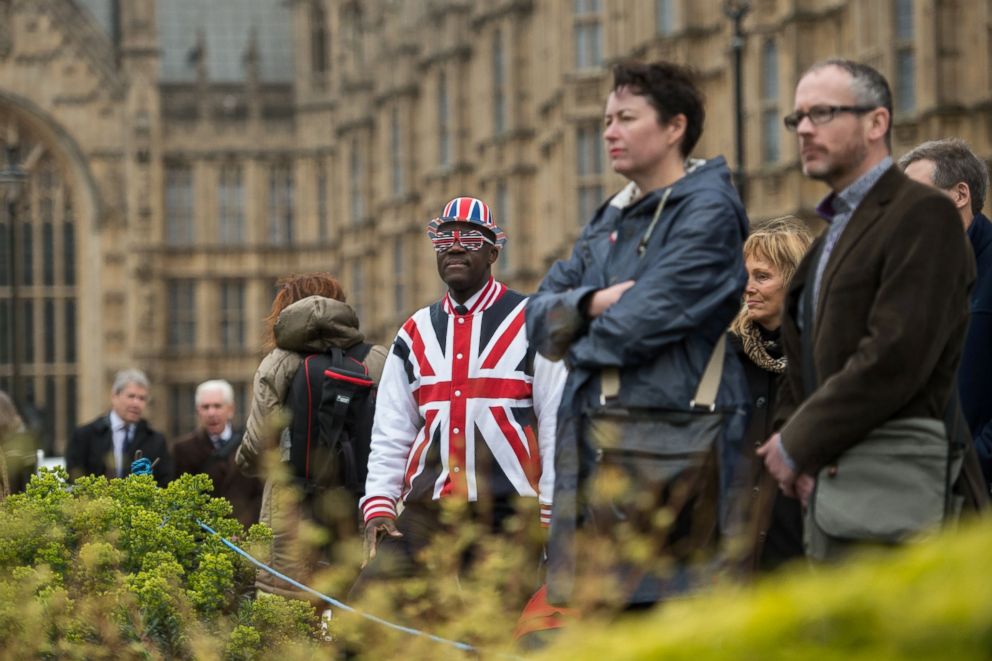
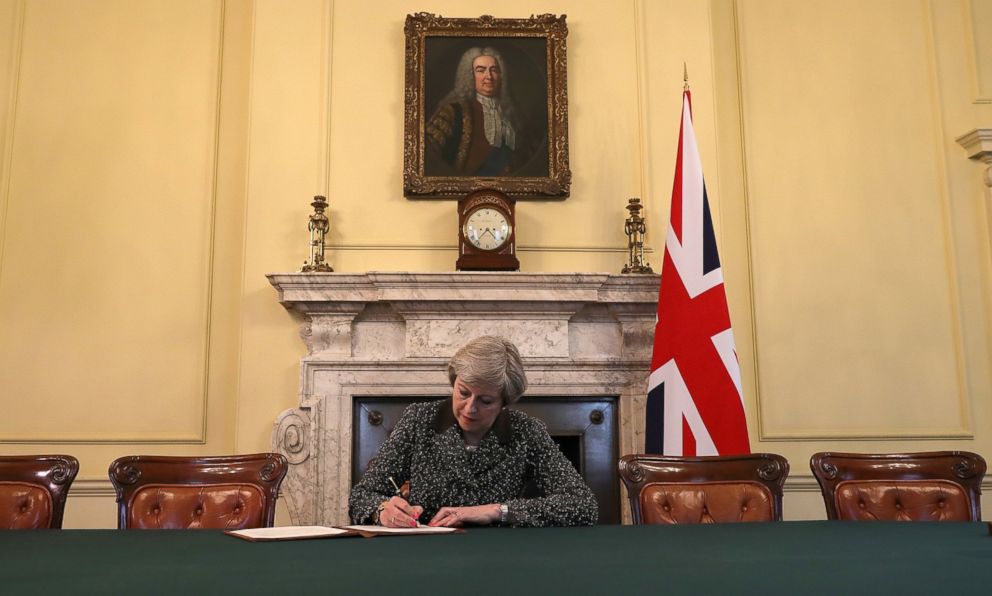
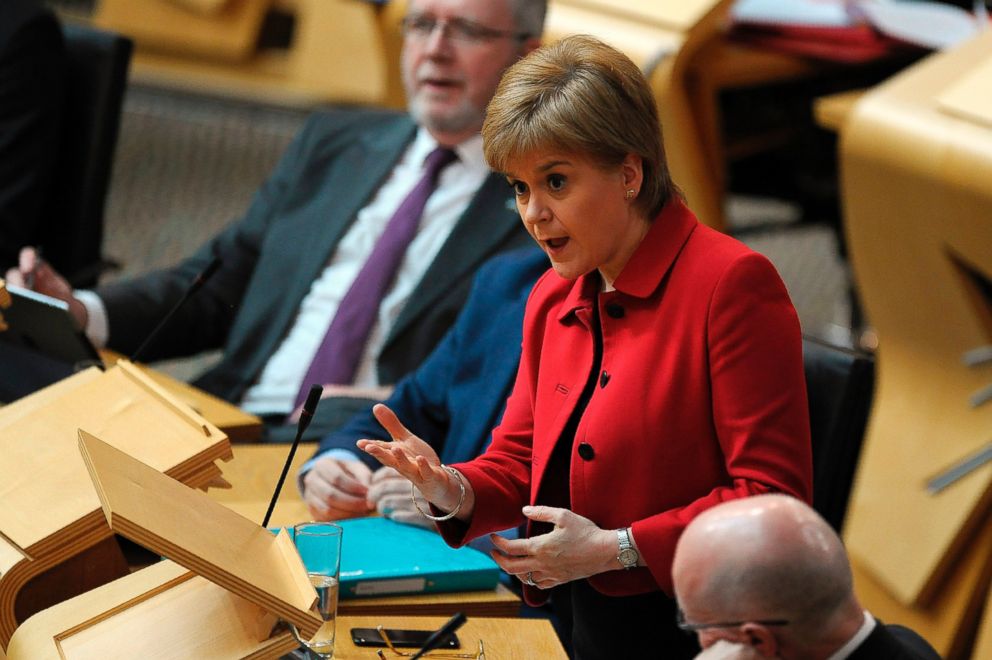
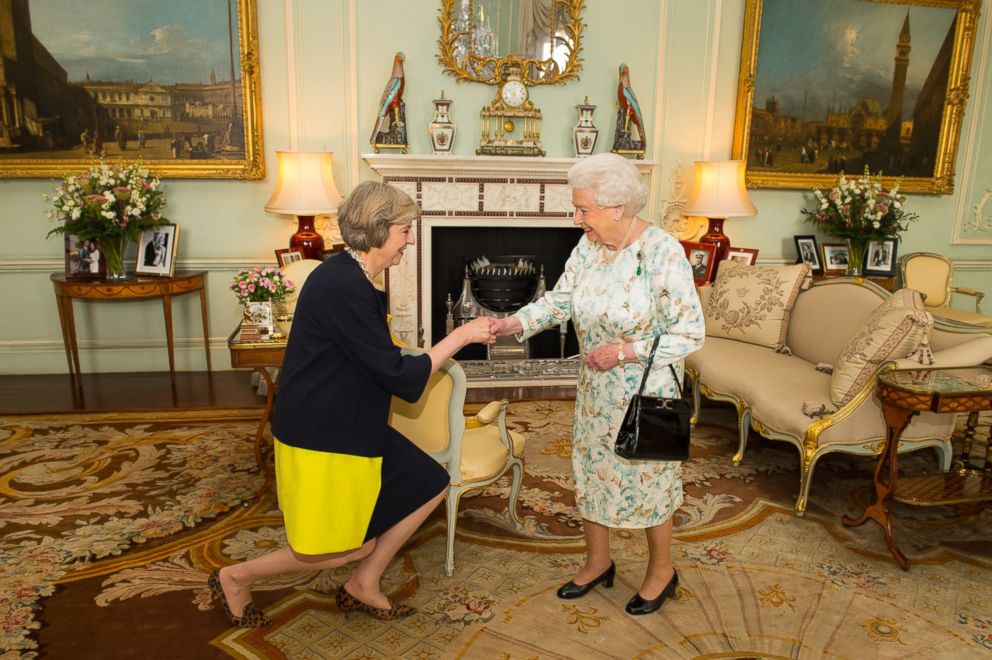
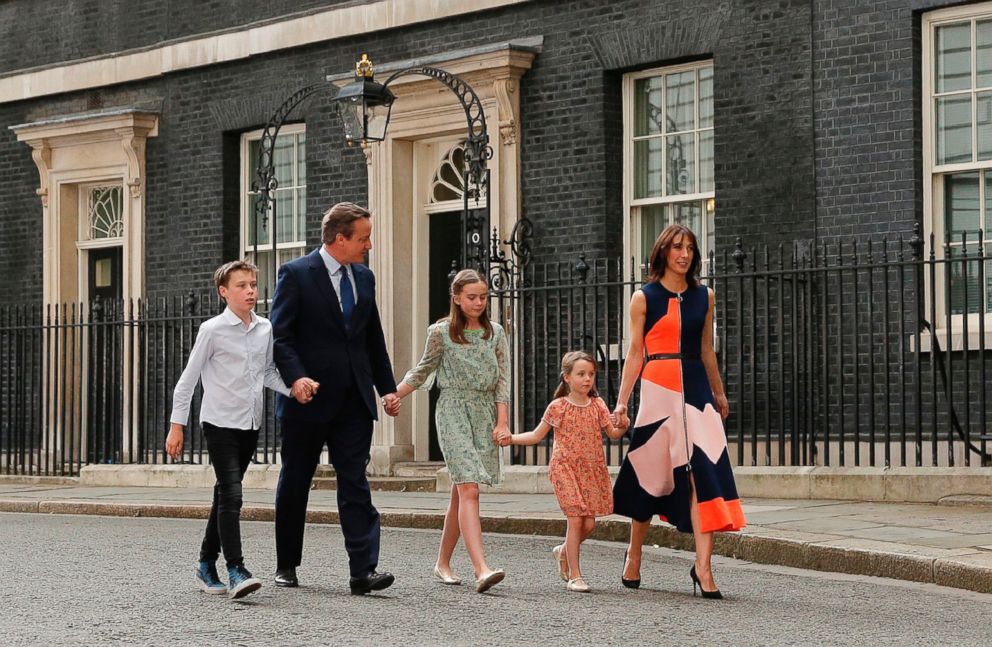
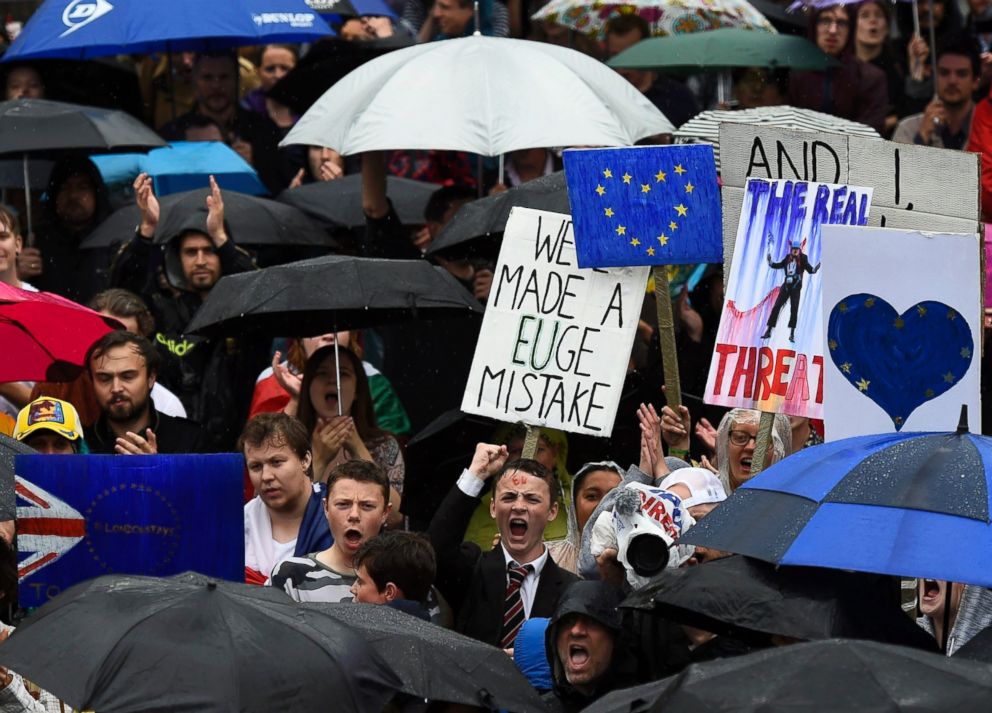
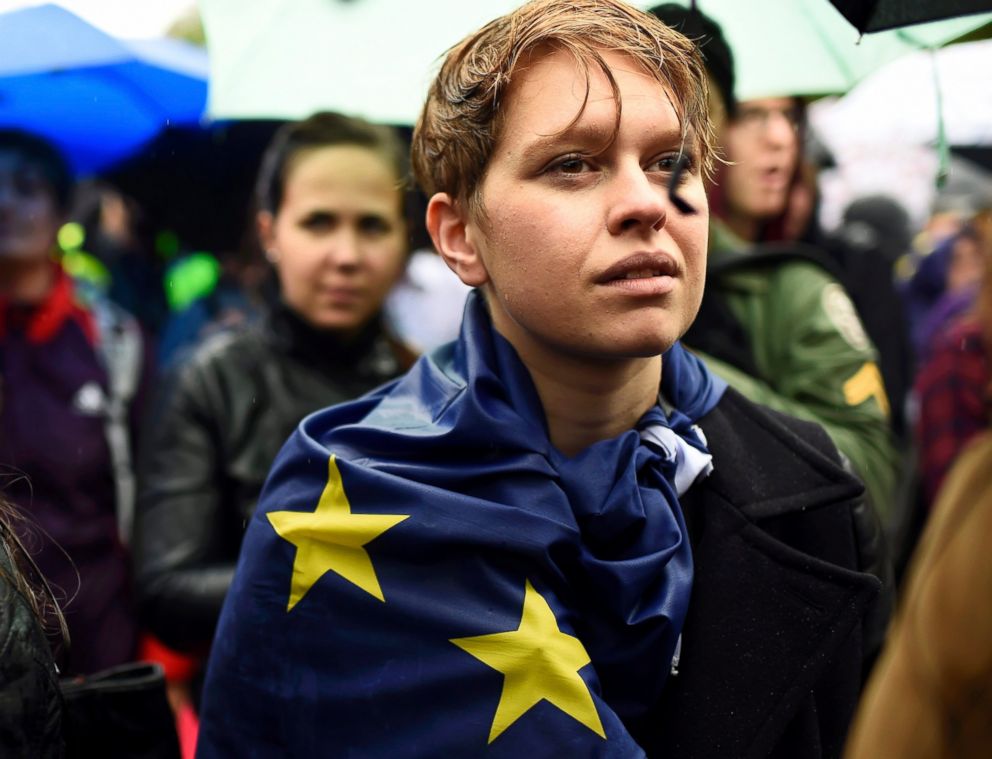
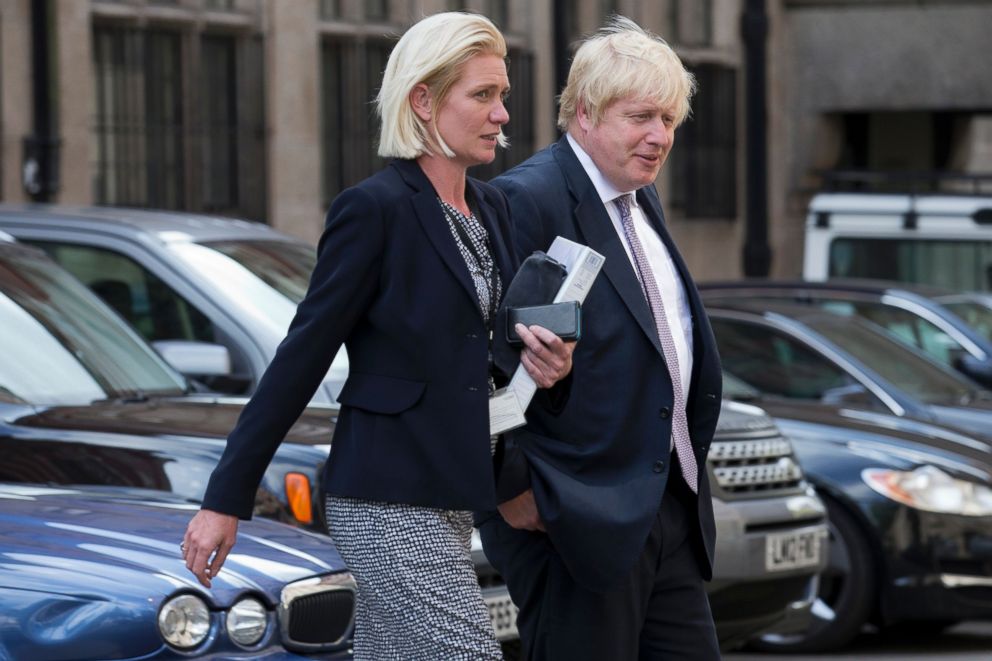
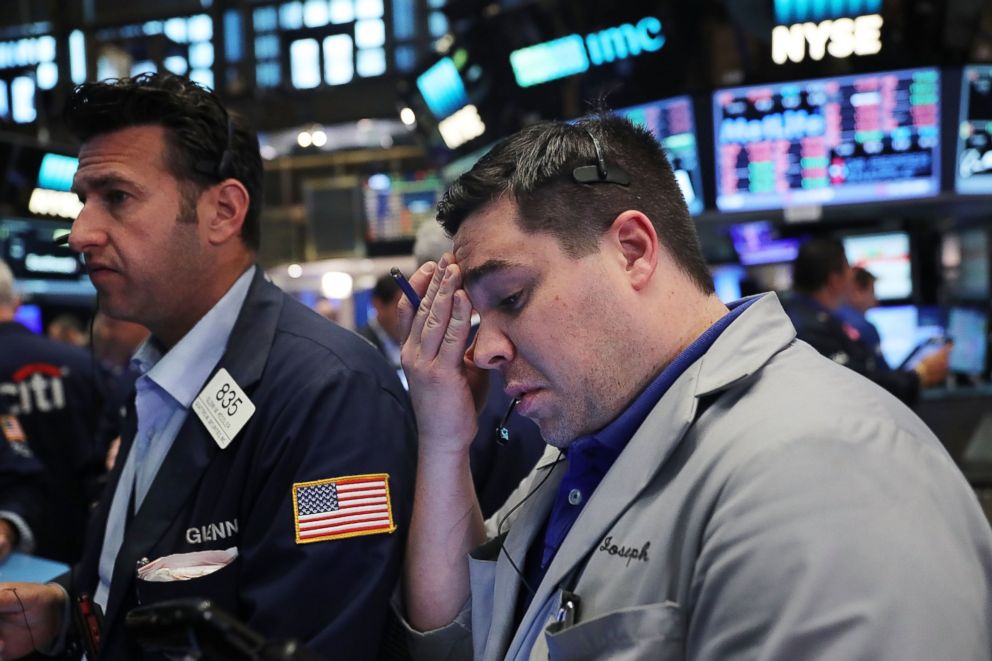
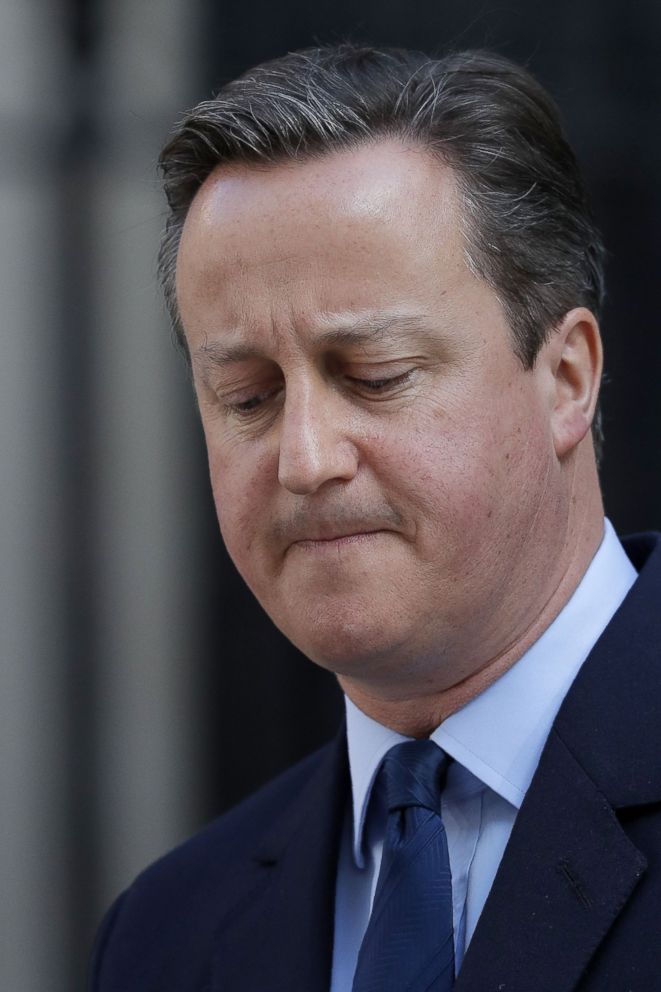

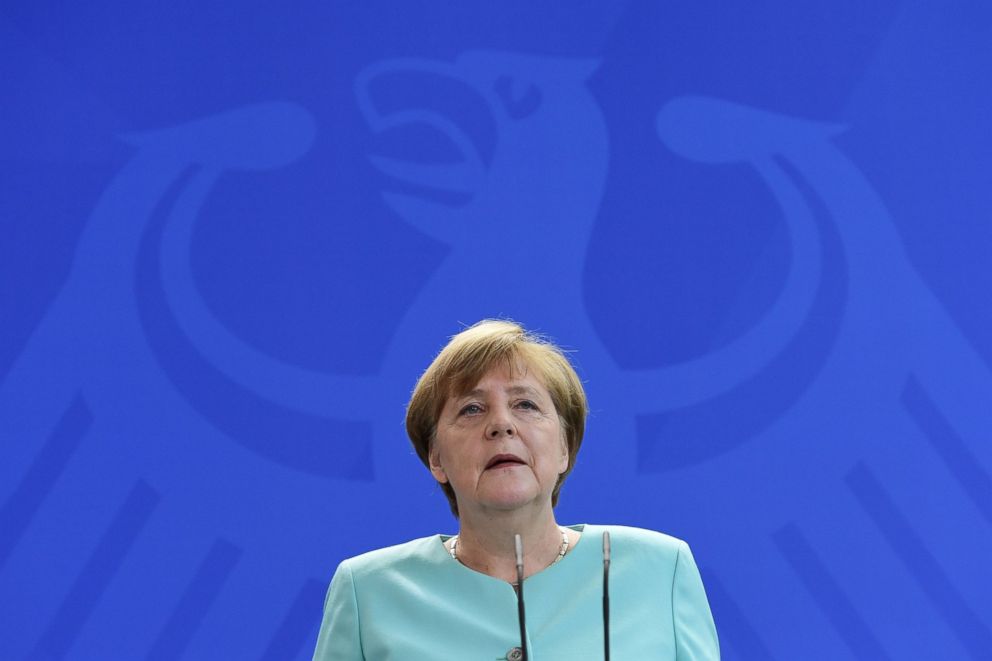
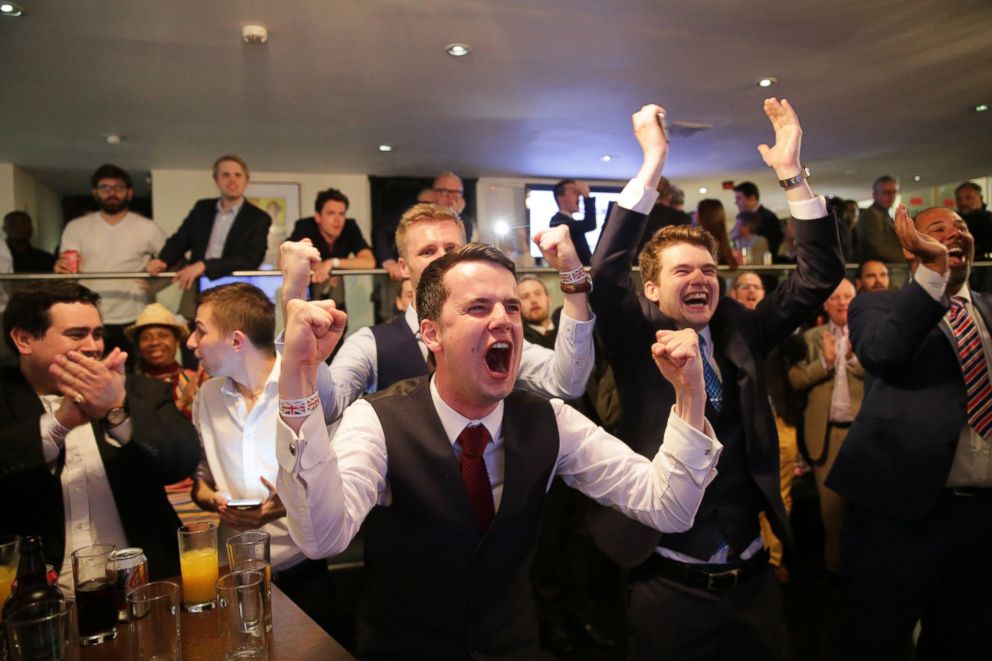

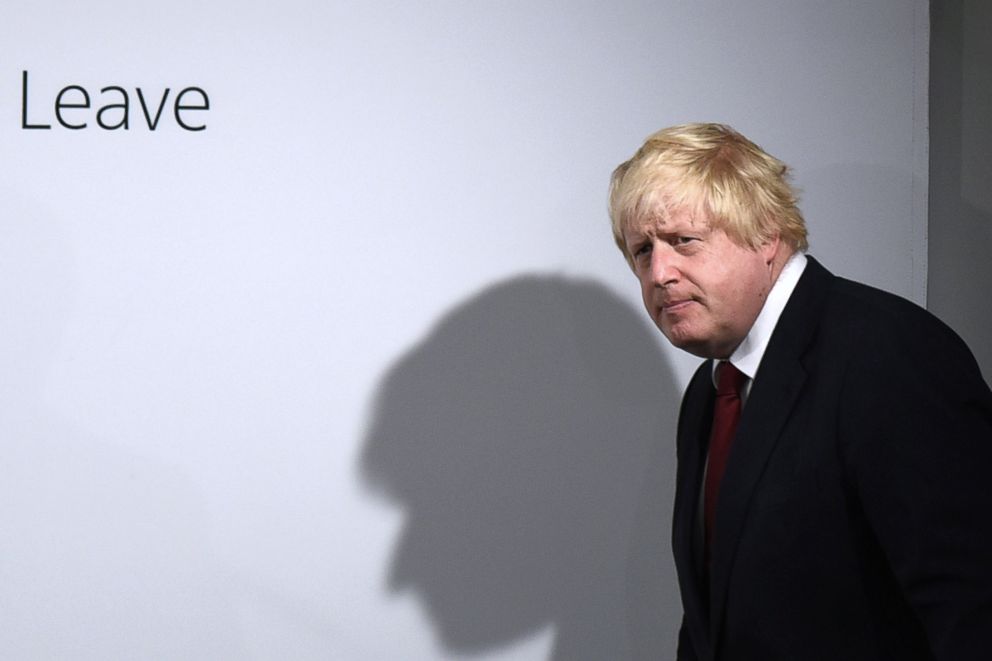
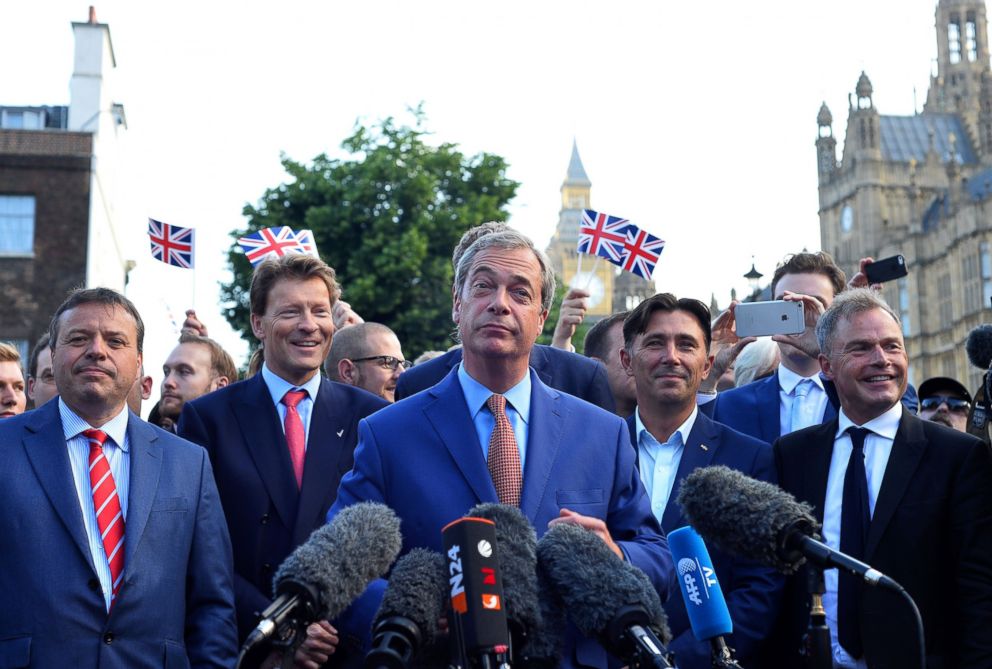
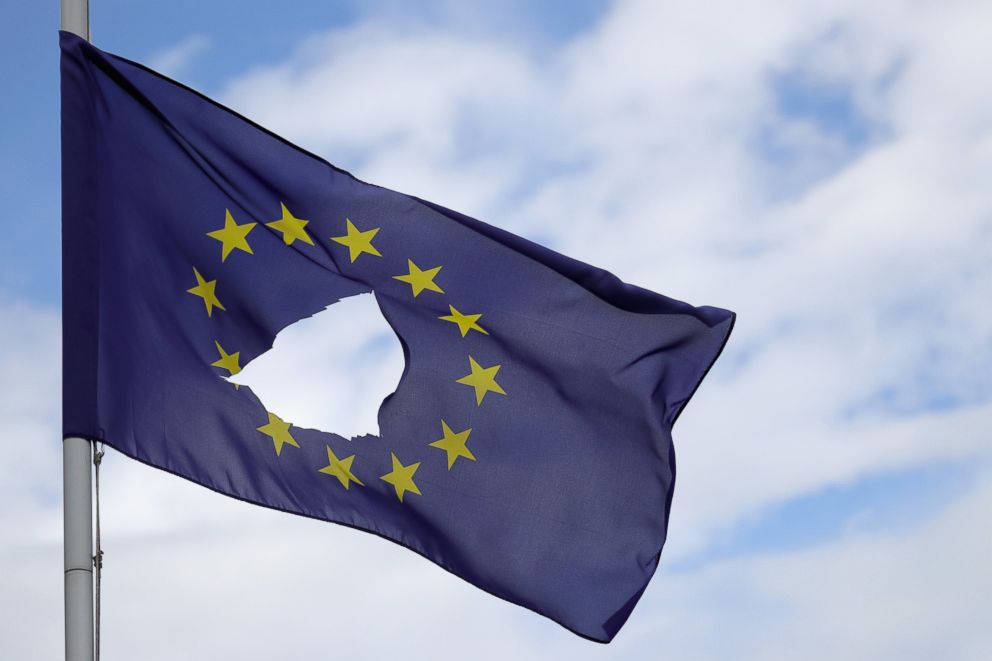
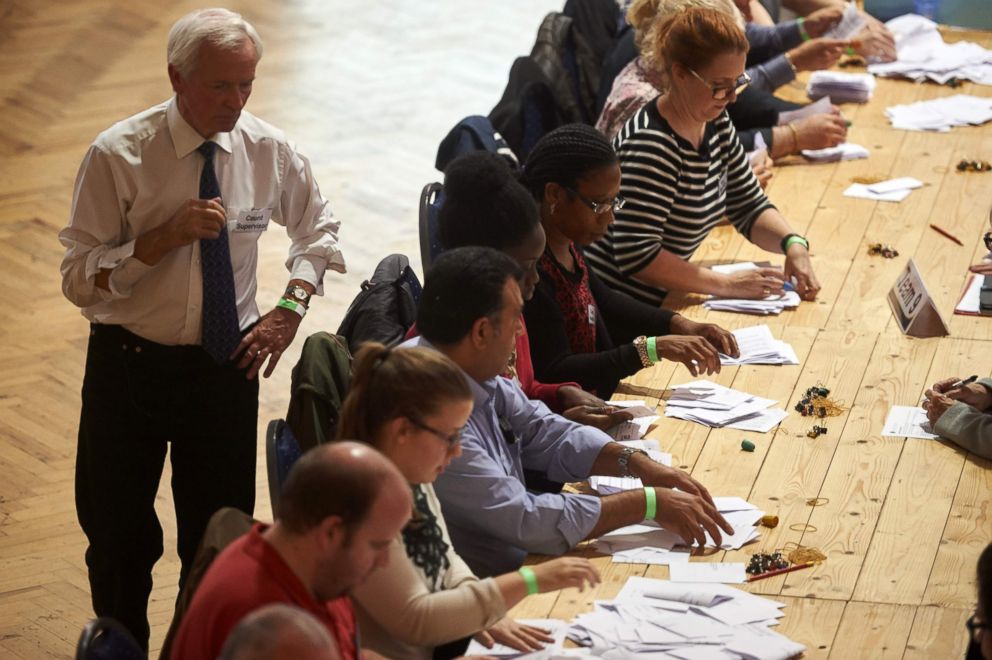
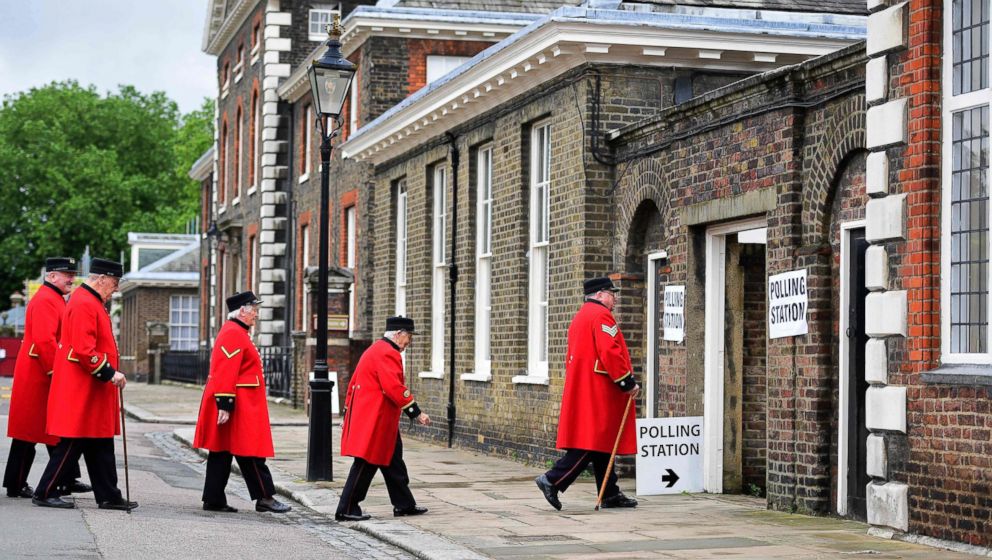
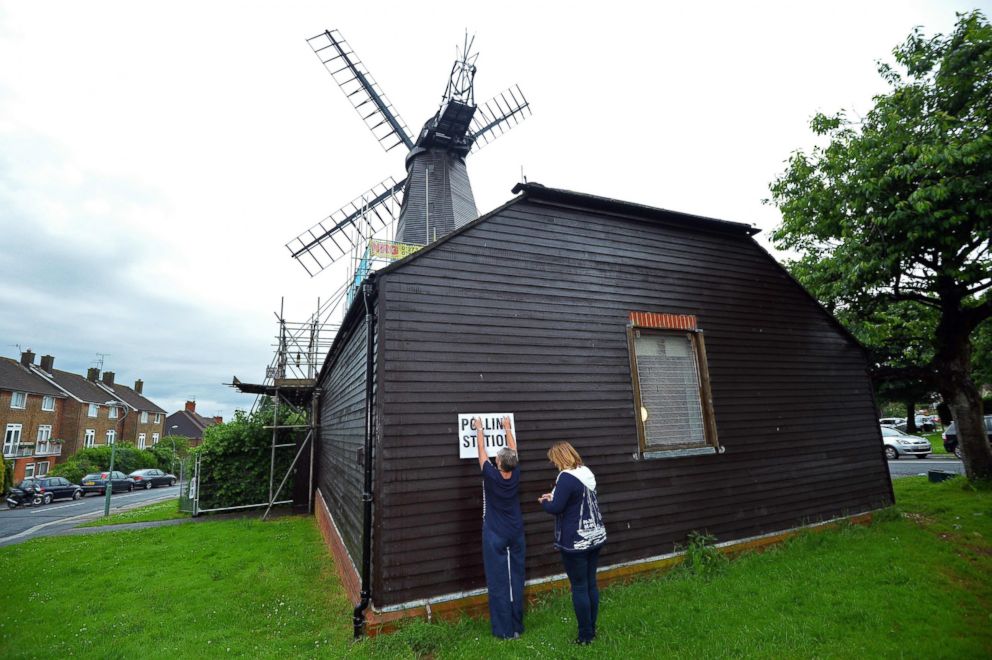
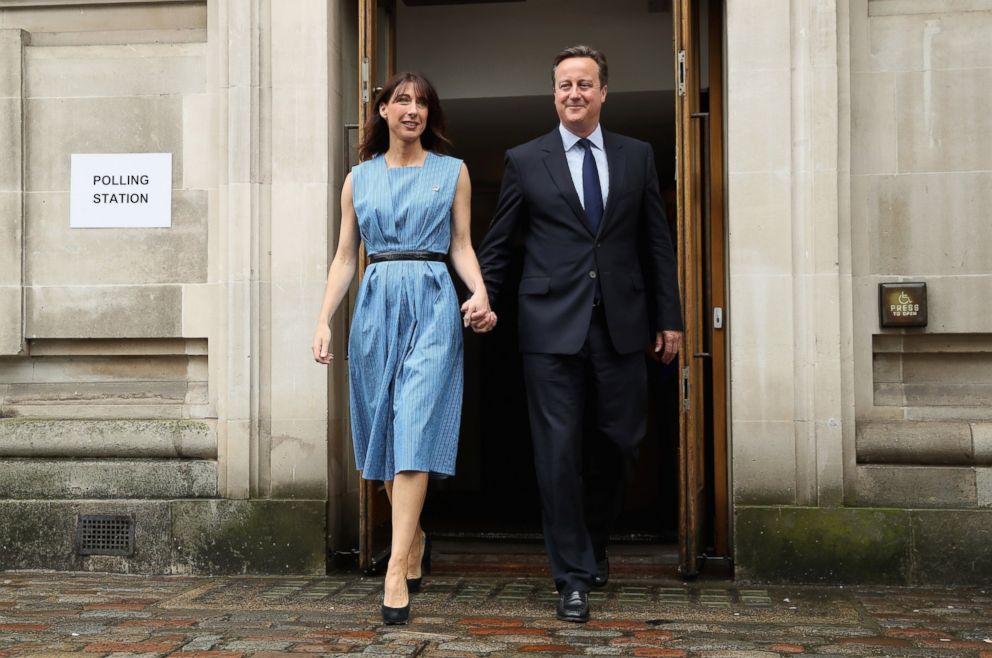
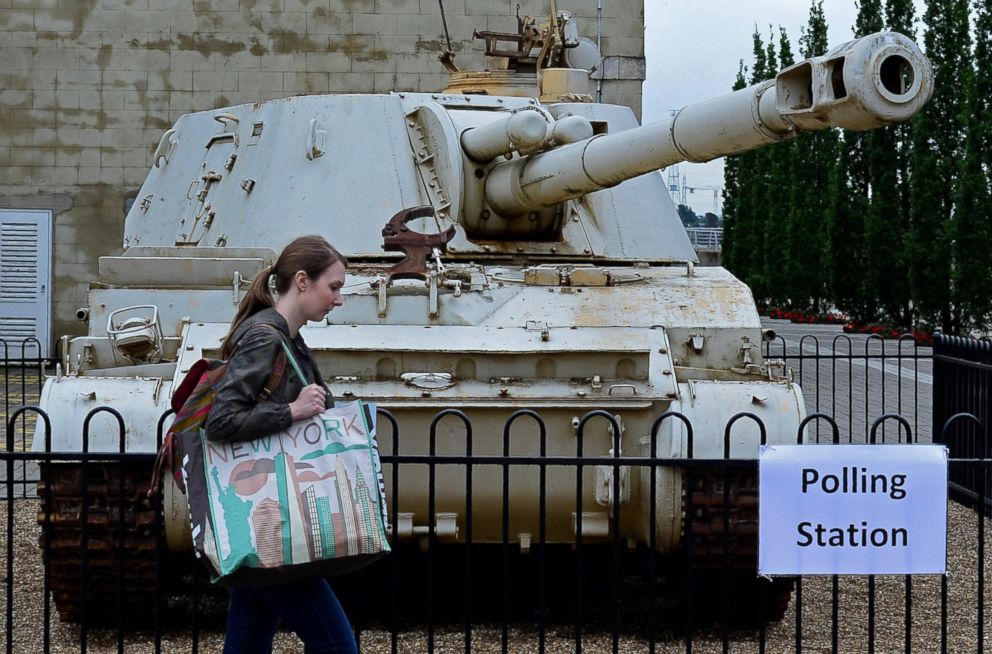
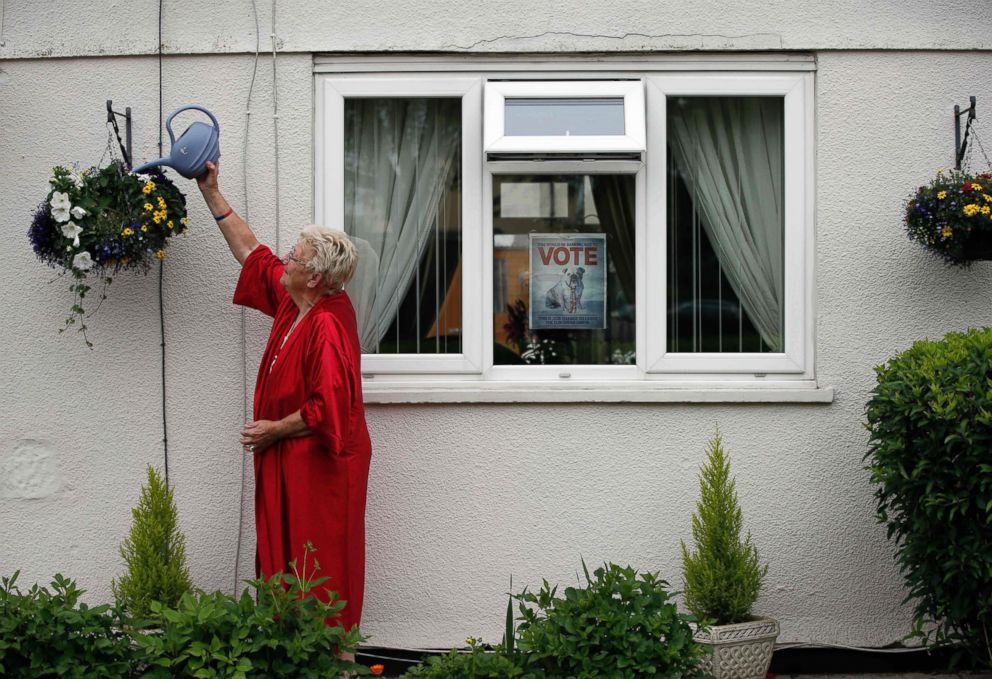
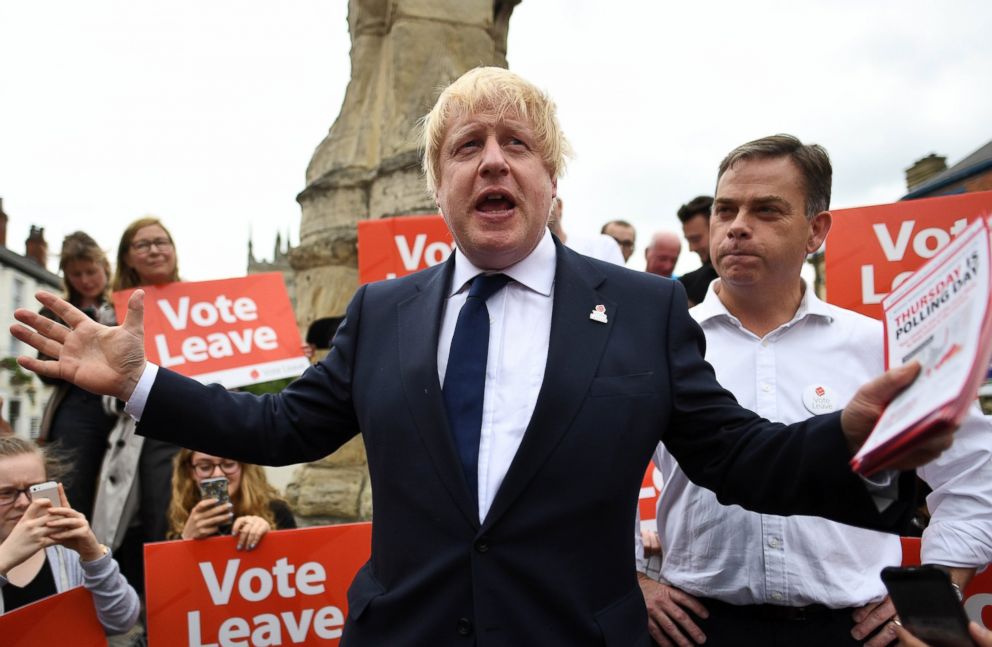
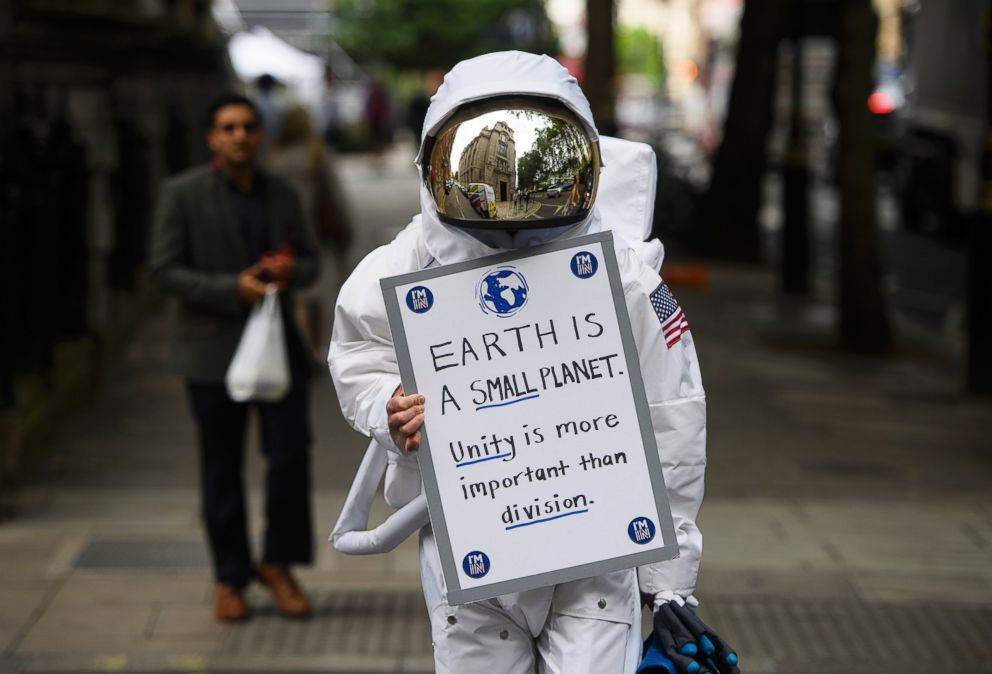
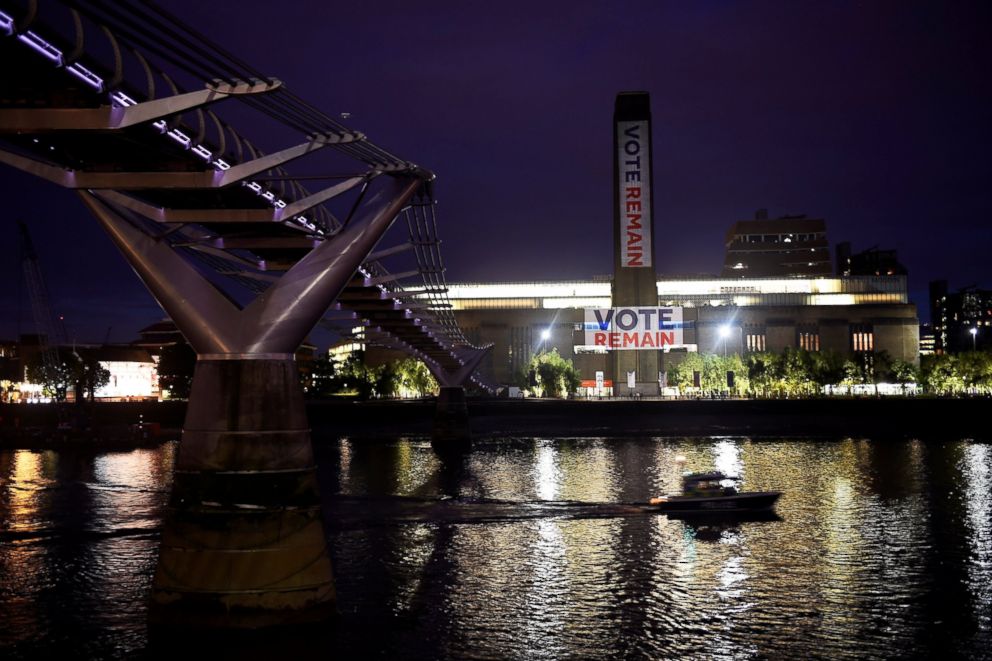
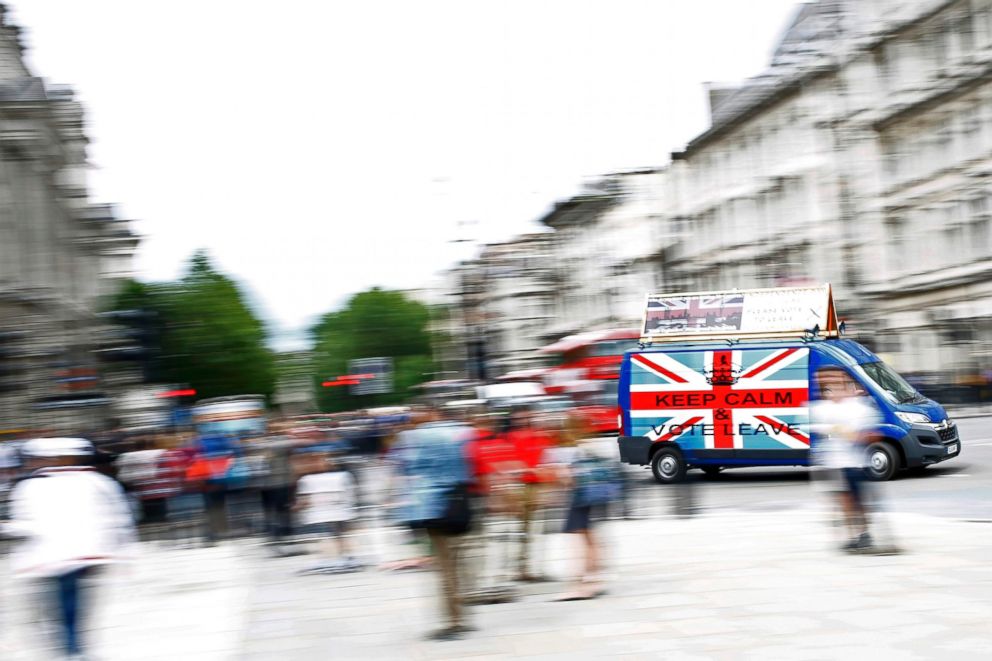
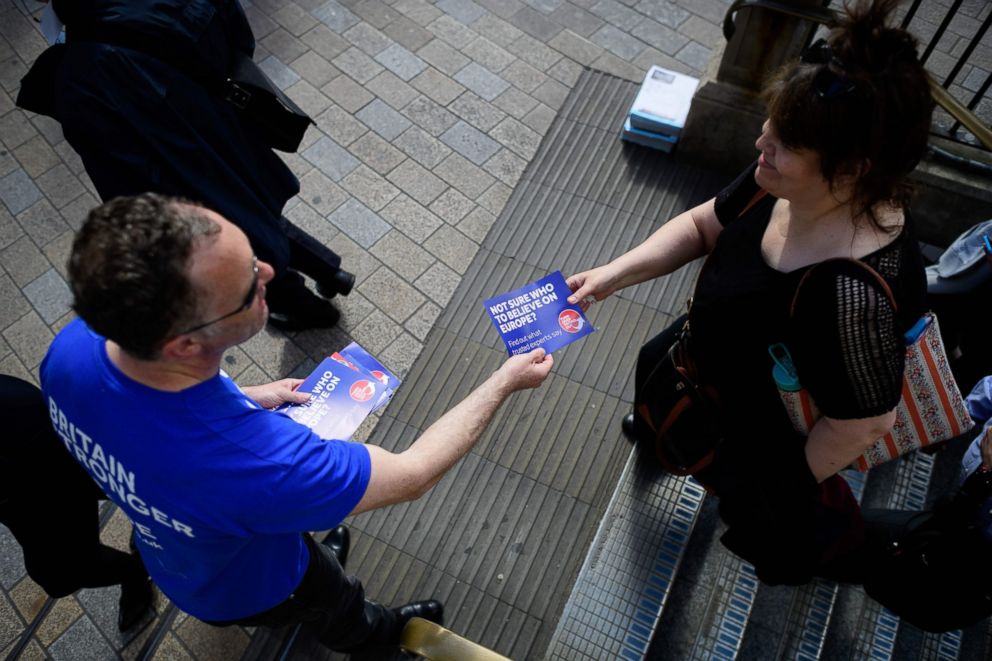
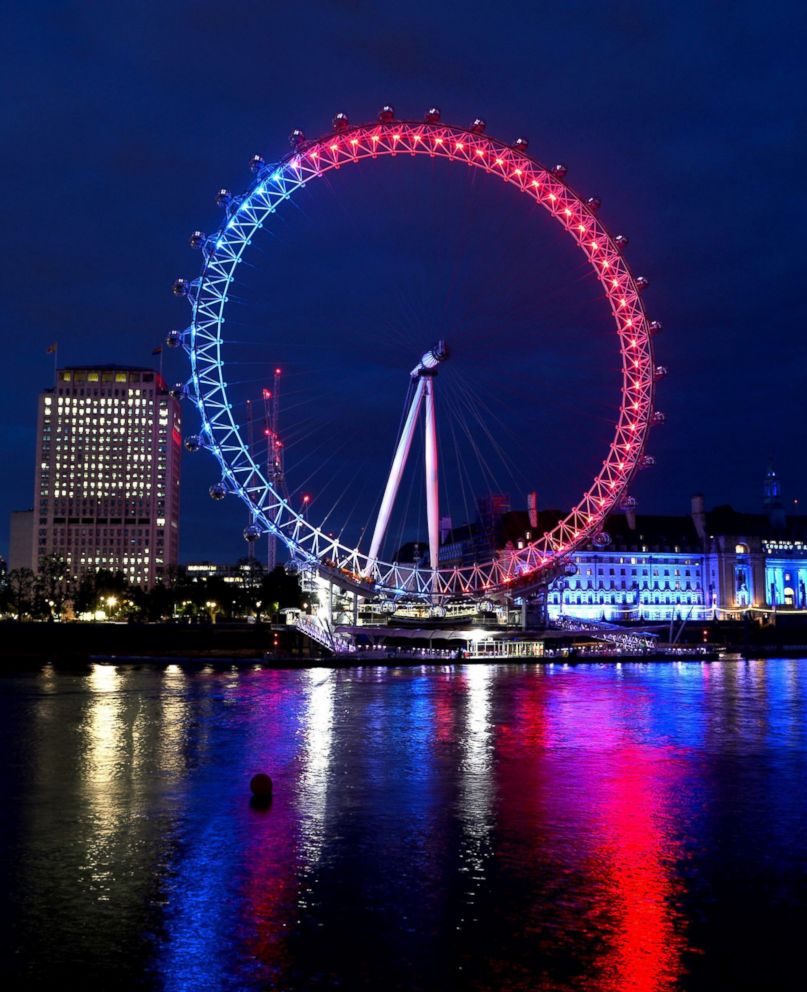
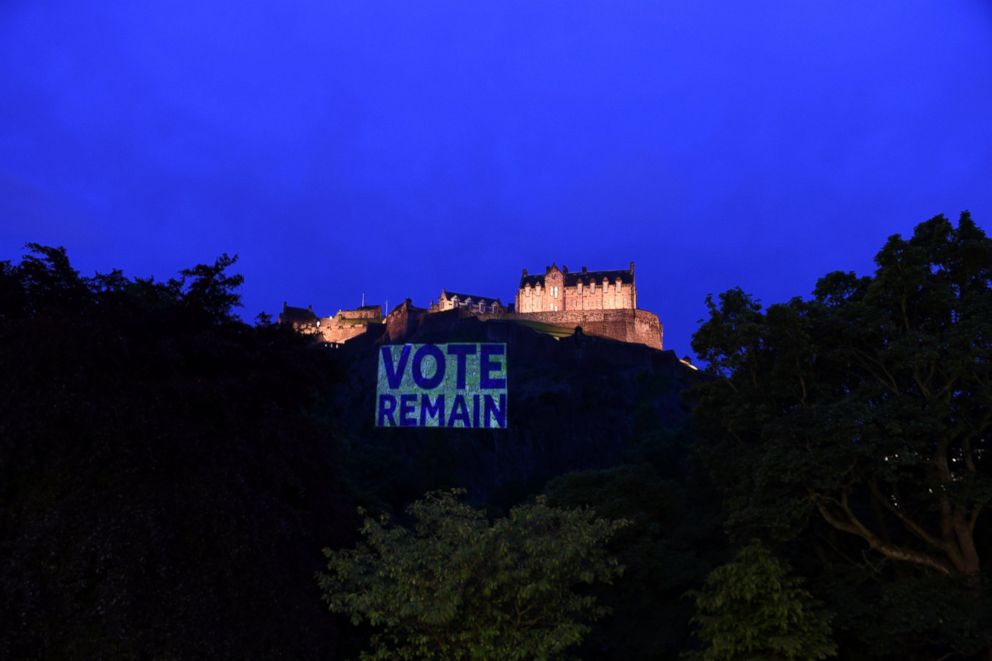
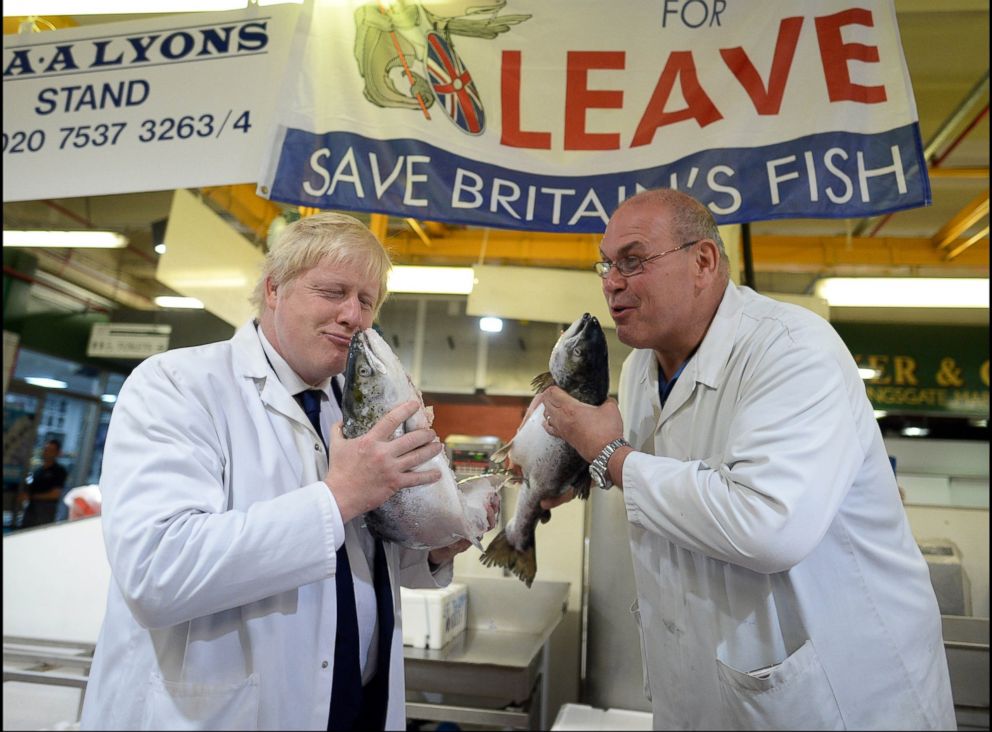
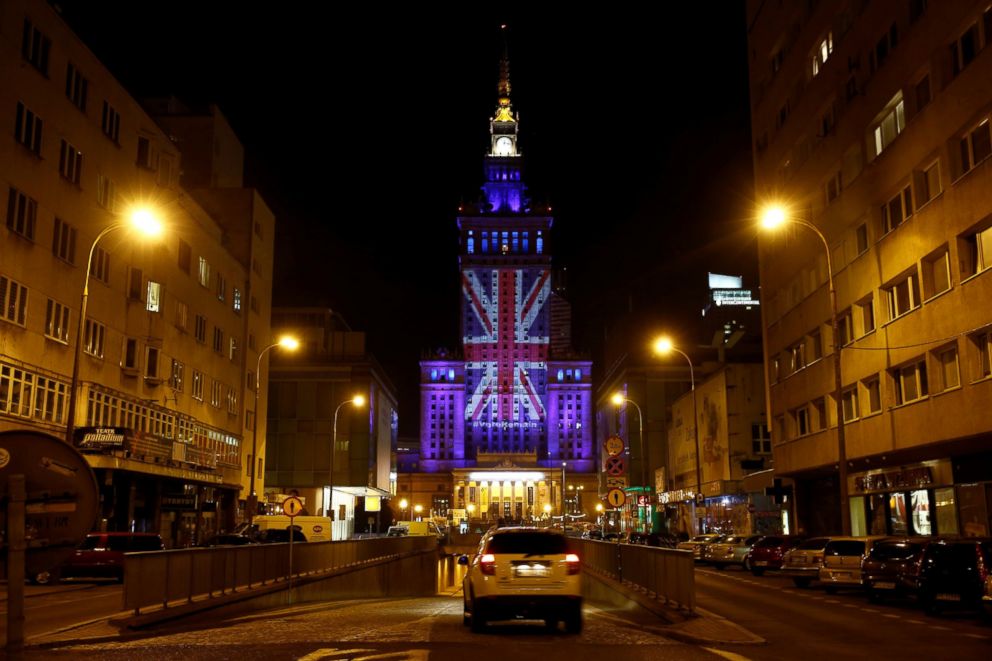
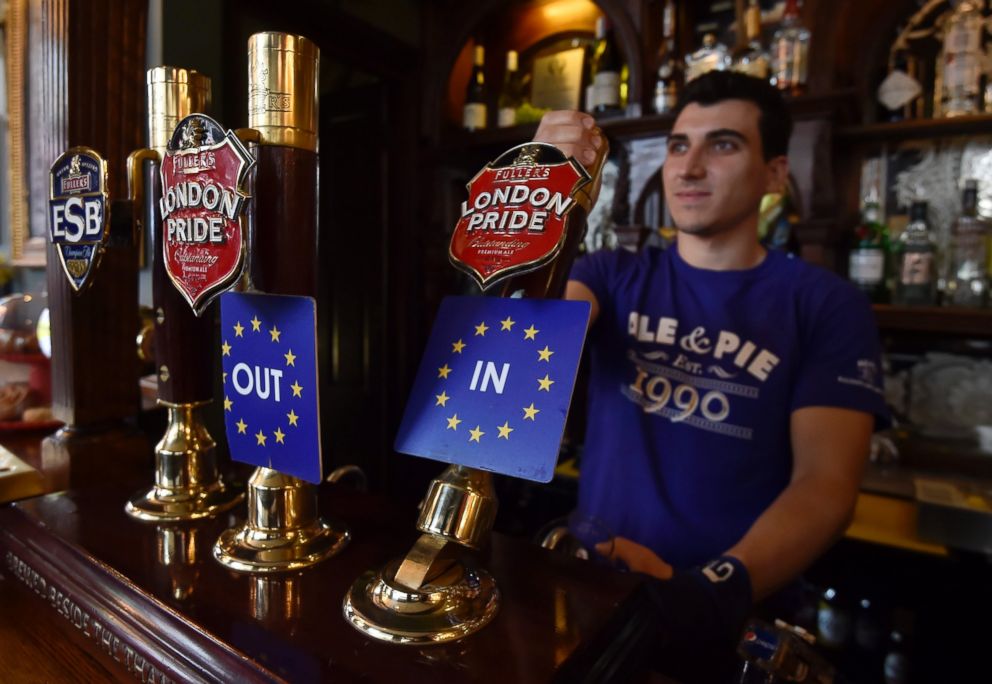
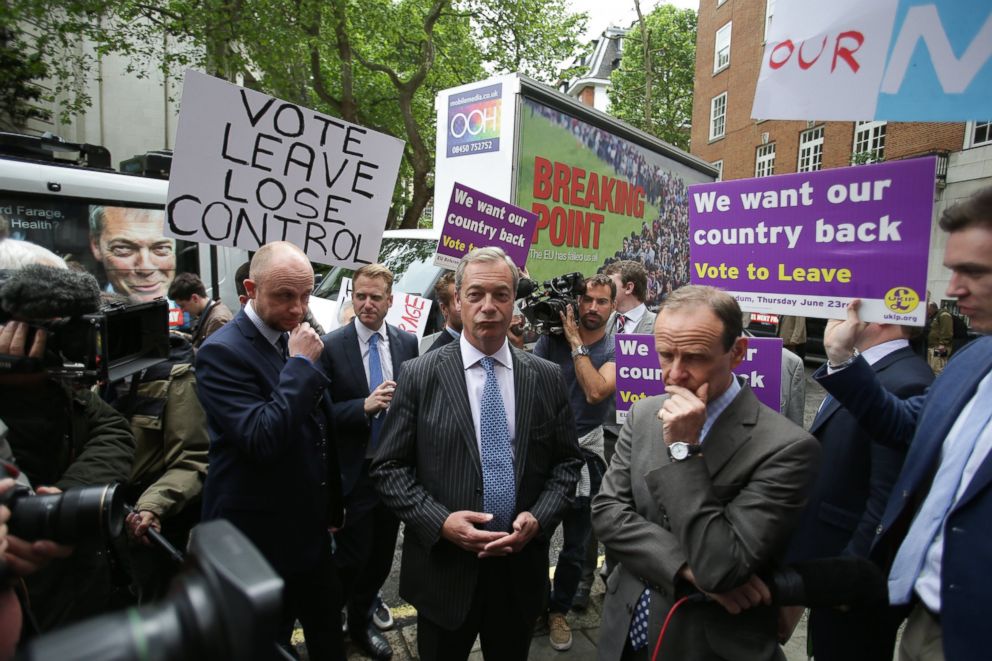
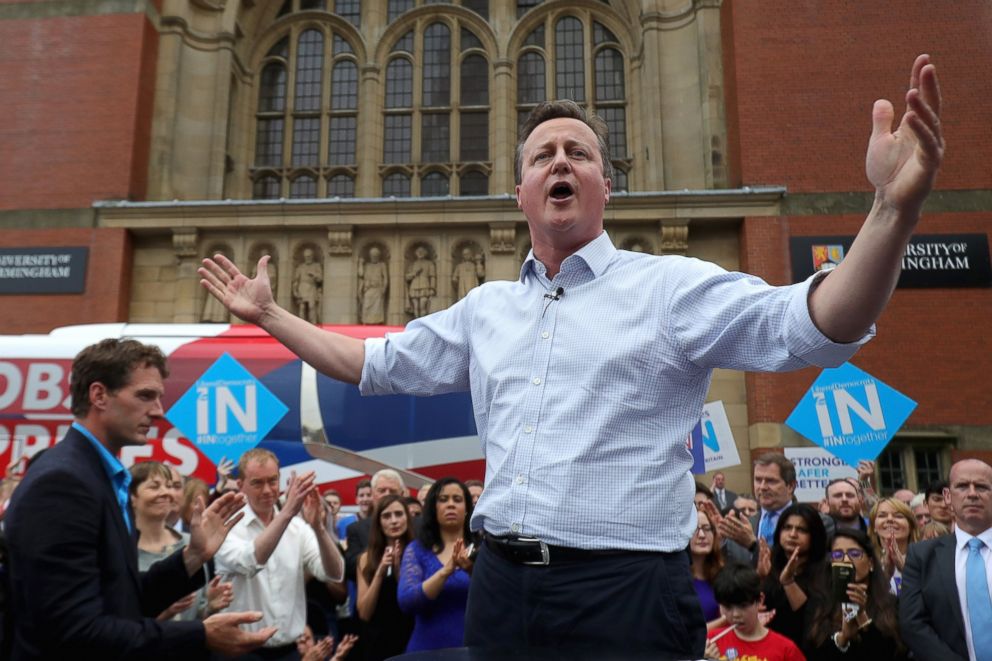
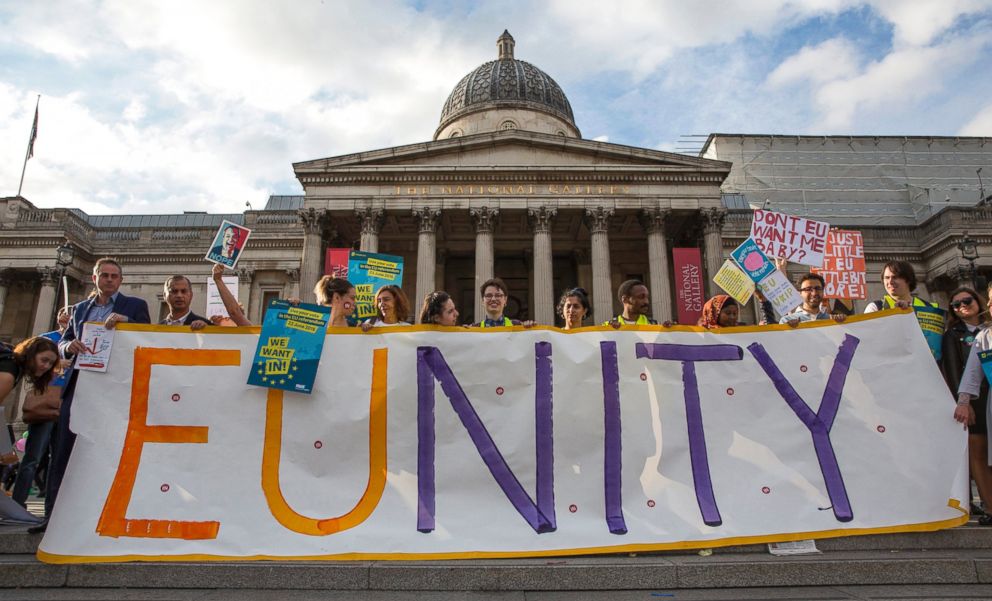
"E.U. citizens living in this country will have their rights fully protected, and the same goes for British citizens living in the E.U. British people will still be able to go and work in the E.U.; to live; to travel; to study; to buy homes and to settle down," Johnson wrote.
"The only change – and it will not come in any great rush – is that the U.K. will extricate itself from the E.U.’s extraordinary and opaque system of legislation: the vast and growing corpus of law enacted by a European Court of Justice from which there can be no appeal.”
But the particulars have not been worked out with the E.U., so Johnson’s comments are pure speculative, though others share the sentiment.
At a news conference in London this morning with U.S. Secretary of State John Kerry in London, British Foreign Secretary Philip Hammon said other European residents are "as entitled to work, live and visit today as they were on Wednesday," the day before the vote, and the same freedoms are extended to British citizens living outside the U.K.
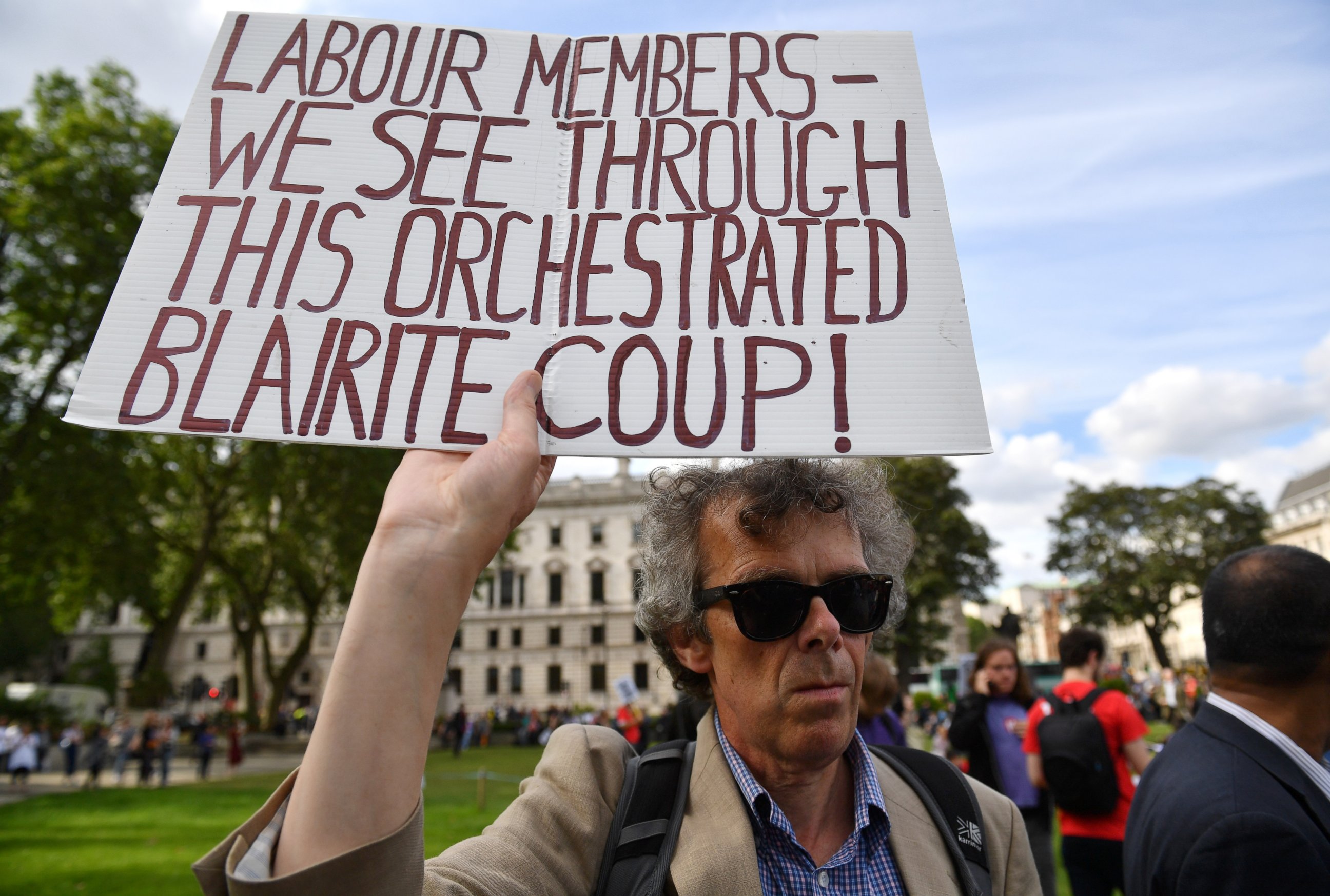
The Policy Trigger
Even though the vote clearly calls for the U.K. to leave the E.U., nothing can happen until a specific measure is taken.
Technically, a member nation does not start the process of leaving the E.U. until it invokes Article 50 of the Lisbon Treaty, which effectively serves as the constitution of the E.U.
That particular clause states that any member state can voluntarily withdraw from the E.U. and has two years as of its notification of their intention to sort out all negotiations of the withdrawal, including immigration policy, trade deals and everything concerning "its future relationship with the union."
The U.K. would have to trigger, or initiate, the Article 50 procedure to begin its formal withdrawal from the E.U.
Cameron has said that his successor would have to be the one to navigate that process.
Addressing Changes Abroad
British leaders are far from the only ones grappling with what to do now.
German, Italian and French leaders are meeting today to discuss what the vote means and what will happen to the E.U. moving forward.
European leaders are eager for negotiations on the U.K.'s divorce from the E.U. to happen quickly.
German Chancellor Angela Merkel's spokesman ruled out informal talks with Britain that could potentially delay the start of the exit.
Across the pond, President Obama, who had previously urged the British public to remain in the E.U., released a statement after the vote saying "we respect their decision."
"The United Kingdom and the European Union will remain indispensable partners of the United States even as they begin negotiating their ongoing relationship to ensure continued stability, security, and prosperity for Europe, Great Britain and Northern Ireland, and the world," the statement read.
Donald Trump was visiting one of his golf courses in Scotland when the Brexit vote results came in, and the presumptive Republican presidential candidate praised the results.
Britain has "taken back their independence and that’s a very, very important thing," he said.


